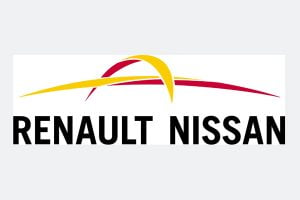The Renault-Nissan organization together has reported the marking of a worldwide, multiyear association with Microsoft to co-create cutting edge associated car advances. Both organizations will co-create associated administrations for cars which will fueled by Microsoft Azure, an undertaking distributed computing stage
In an official discharge, the Renault-Nissan cooperation has said that this association will quicken the improvement of cutting edge advancements which will permit vehicle proprietors to customize their settings, upgrade efficiency, access over-the-air overhauls and even secure their vehicle. The union is meaning to create associated car advancements and components which will bolster its eager arrangement of presenting more than 10 vehicles with self-sufficient driving advances by 2020.
The Renault-Nissan collusion picked Microsoft Azure as it backings different working frameworks, programming dialects and instruments. Since it is adaptable, it will permit the Renault-Nissan partnership to create distinctive administrations on a typical worldwide stage which can be utilized by both brands. As per Jean-Philippe Courtois, official VP and president, showcasing and operations, Microsoft, the organization will convey another standard to associated cars.
The new associated advances will offer car proprietors administrations like exchanging their settings starting with one car then onto the next alongside versatile course proposals. They will have the capacity to download the most recent programming identified with self-governing driving, for example, impact shirking applications on the go. It will likewise permit them to keep a tab on their car by means of a cellular telephone application. The cutting edge technologie will likewise permit associated cars to get to cutting edge vehicle demonstrative administrations.
Despite the fact that it looks fascinating on paper, it stays to be checked whether the Renault-Nissan collusion alongside Microsoft can present these cutting edge associated car technologies by 2020.







